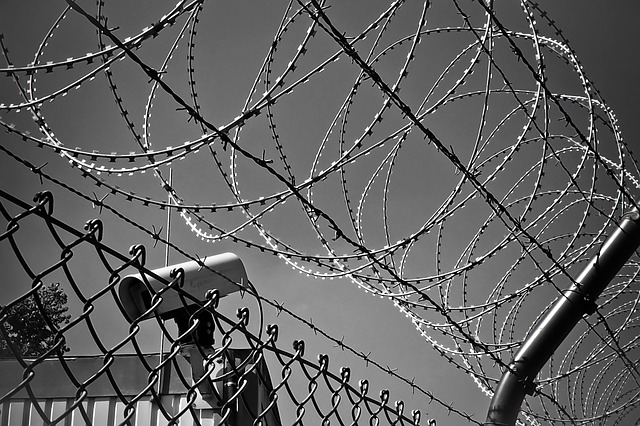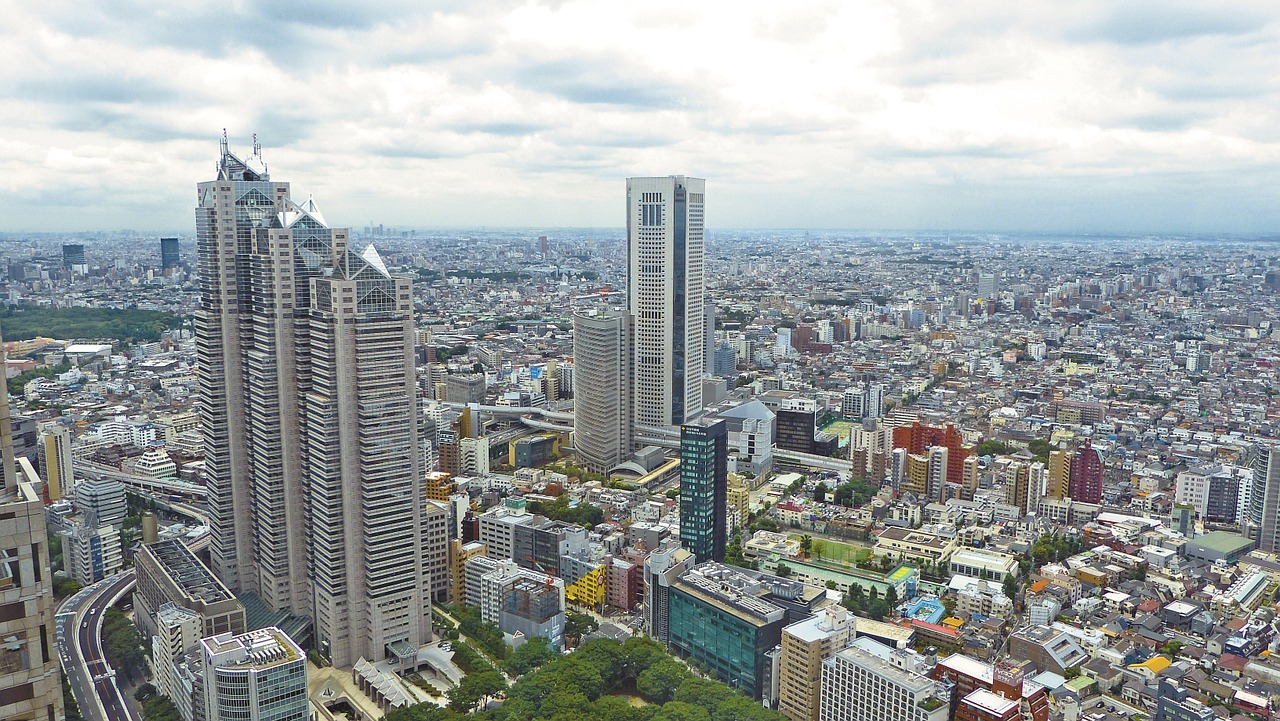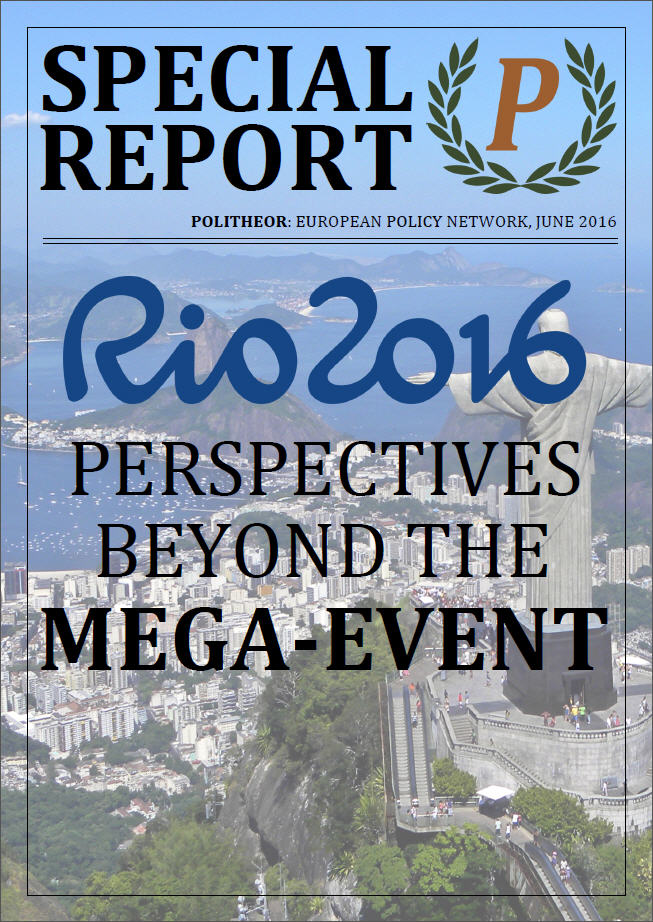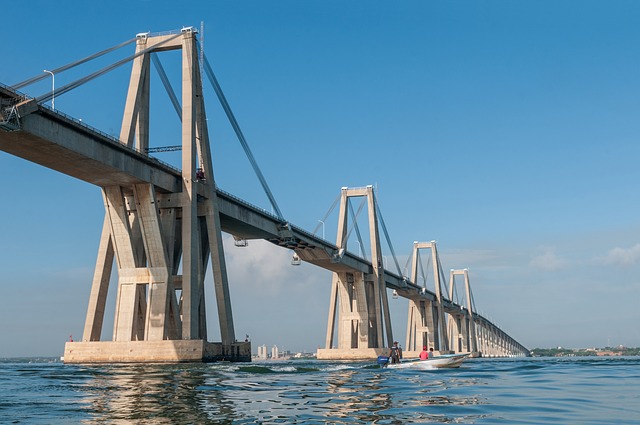POLITHEOR
European Policy Network
International Relations and Global Affairs
- Home
- International Relations and Global Affairs

The flawed rhetoric around NATO’s two percent3
- International Relations and Global Affairs, Op-ed
- 19/04/2017
Increased contributions to NATO’s budget might not significantly alter member states’ security situation – the aggressive rhetoric around them could.
READ MORE
The need for a new security discourse0
- International Relations and Global Affairs, Op-ed
- 08/03/2017
European countries are having a hard time addressing all the security threats they face. Radicalization is one particular challenge, where a dominant community within society feels menaced by a smaller group. The problem nowadays is that European counterterrorism measures ignore societal needs, enabling the rise of racist policies. Trump’s so called Muslim ban is only one recent example.
READ MORE
The peculiar question of gender equality and economy in Japan0
- International Relations and Global Affairs, Op-ed
- 04/03/2017
To get Japan out of its gloomy economic situation that now has lasted for the past 20 years, the country Prime minister devised a new strategy which consists of three pillars: monetary, fiscal and structural reforms. The monetary and fiscal actions of the “Abenomics” received a lot of attention from the international media. On the other hand, the structural reforms went completely unnoticed, although these may be the real factors needed to save Japan’s economy, as ignoring them helped the country’s economic fall from grace.
READ MORE

Cyber space: An unregulated battleground0
Without a legal framework, states will be free to strengthen their technological capabilities and test the response of their adversaries all while knowing that their actions do not break international law.
READ MORE
The war on terrorism financing – a success in disguise?0
- International Relations and Global Affairs, Op-ed
- 20/02/2017
Last weekend, hundreds of high-level decision-makers from the field of international security and governance came together with heads of government at the 53rd Munich Security Conference. When discussing terrorism, they should also have reassessed the global war on terrorism financing.
READ MORE
Nuke-armed South Asian governments adopt a “me first” approach on water – and it goes poorly0
- International Relations and Global Affairs, Op-ed
- 26/01/2017
Since 2010, South Asia has witnessed a resurgence of the long standing Indo-Pakistani territorial dispute over Kashmir. Yet, while the conflict has oft been simply characterized as friction over Pakistani support for the regional Muslim self-determination movement, underlying water sharing concerns also play a significant part in the prolonged tension between the nuclear powers. The climate-change induced Bengali migration and water scarcity that affects these nations will only worsen. The resulting stress on resources portends longer-term threats to South Asian stability – the extent depends on whether the region hoards or cooperates.
READ MORE





